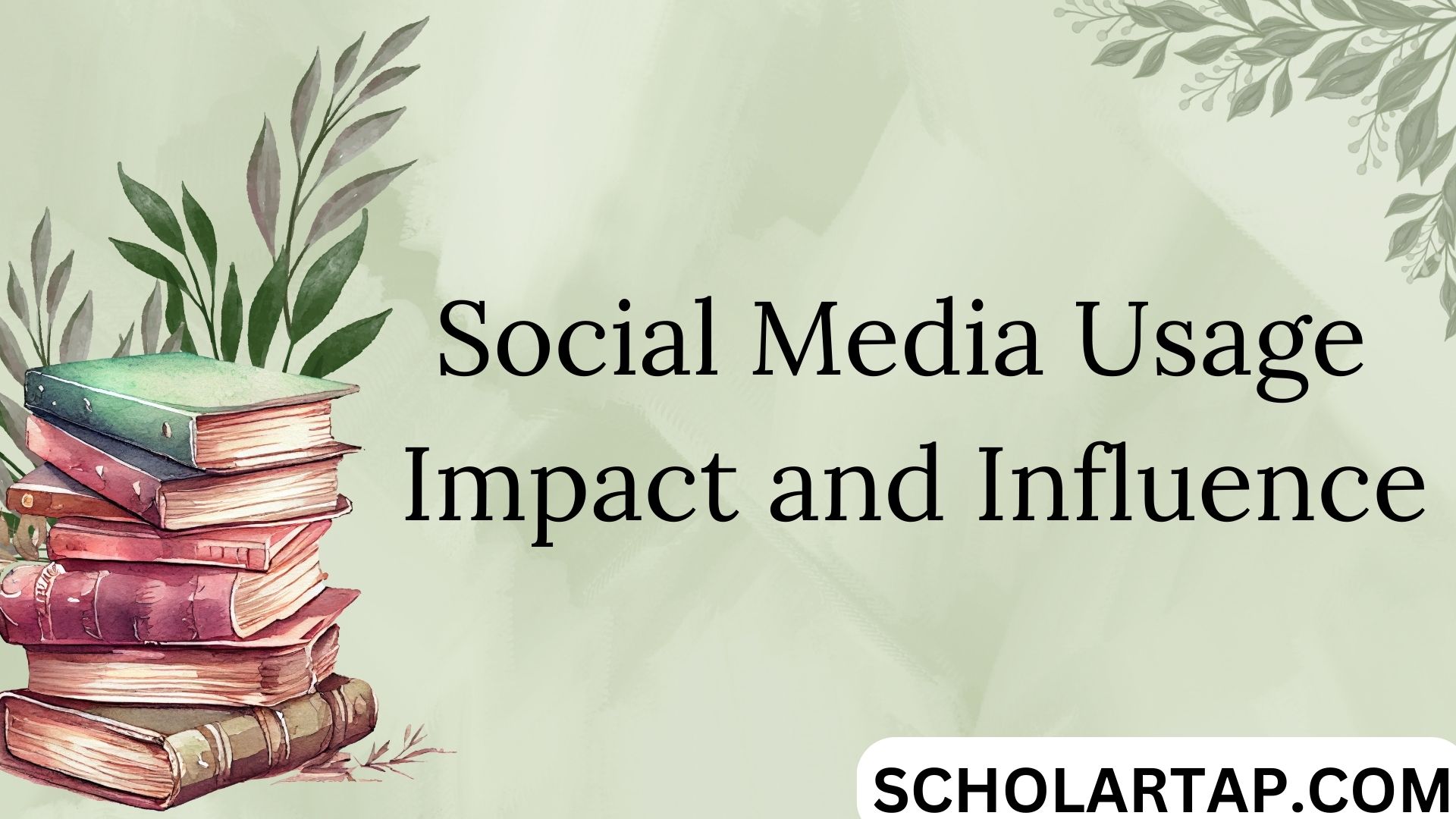
Social media has transformed the way we communicate, connect, and share information. Platforms like Facebook, Instagram, Twitter, and TikTok have become integral to modern life, impacting everything from personal relationships to global businesses. In this essay, we explore the role of social media in our lives, its benefits, drawbacks, and how responsible usage can maximize its positive effects.
The Rise of Social Media
Social media platforms emerged in the early 2000s and have since evolved rapidly. Today, they are much more than networking tools; they serve as news sources, marketing channels, and platforms for creative expression. According to recent statistics, more than 4.8 billion people globally use social media, making it one of the most influential innovations in recent decades.
Benefits of Social Media Usage
Social media has numerous advantages that make it a valuable tool for individuals, businesses, and communities alike:
- Global Connectivity: Social media connects people worldwide, enabling them to maintain relationships regardless of distance. This global reach allows users to build friendships, collaborate on projects, and share ideas with a diverse audience.
- Information Access: Platforms like Twitter and LinkedIn provide real-time access to news, events, and educational content. Social media has democratized information, allowing individuals to access resources and knowledge that were previously limited.
- Marketing and Brand Building: For businesses, social media is an essential marketing tool. It offers targeted advertising, customer engagement, and brand visibility, helping companies reach their target audience effectively.
- Self-Expression and Creativity: Social media encourages self-expression, offering a platform for people to showcase their talents, ideas, and perspectives. Sites like Instagram and YouTube have allowed countless individuals to turn their creativity into careers.
- Support Networks: Social media communities provide support networks for individuals dealing with issues like mental health, chronic illness, and other life challenges. Groups and forums offer encouragement, advice, and solidarity, helping people feel less alone.
Drawbacks of Social Media Usage
Despite its benefits, social media also has downsides that can affect mental well-being, privacy, and productivity:
- Mental Health Impact: Studies have shown a link between excessive social media use and mental health issues such as anxiety, depression, and low self-esteem. The pressure to compare oneself with others and the fear of missing out (FOMO) are common triggers of social media-induced stress.
- Privacy Concerns: Social media platforms collect vast amounts of personal data, often raising privacy concerns. Information shared on social media can be used for targeted ads, sold to third parties, or become vulnerable to cyber threats.
- Spread of Misinformation: The rapid sharing capabilities of social media make it easy for misinformation to spread. Fake news and misleading information can have real-world consequences, influencing public opinion and causing harm.
- Cyberbullying and Harassment: Social media can facilitate cyberbullying, especially among young users. Anonymous accounts or the perceived distance of online interactions can lead to harmful behaviors, causing emotional distress for victims.
- Reduced Productivity: Social media can be addictive, with constant notifications and an endless feed of content. This can lead to decreased productivity and focus, particularly in academic or work settings.
Responsible Social Media Usage
To maximize the benefits of social media while minimizing its negative impact, responsible usage practices are essential. Here are some tips to consider:
- Set Time Limits: Limiting the amount of time spent on social media can help prevent overuse and reduce stress. Many devices offer screen time tracking, allowing users to monitor and manage their usage.
- Curate Your Feed: Following accounts that inspire, educate, and motivate can help create a positive social media experience. Unfollowing or muting negative or toxic accounts can reduce exposure to harmful content.
- Verify Information: Before sharing information, especially news or health-related content, it’s essential to verify its credibility. Fact-checking reduces the spread of misinformation and promotes a more informed community.
- Prioritize Privacy: Adjusting privacy settings and being mindful of the information shared online can help protect personal data. Avoid sharing sensitive information like addresses, phone numbers, or financial details on public platforms.
- Engage Positively: Social media is a powerful tool for uplifting others and spreading positivity. Engaging in meaningful conversations, supporting friends, and promoting good causes can create a constructive social media environment.
The Future of Social Media
As technology advances, social media will continue to evolve. Artificial intelligence, virtual reality, and augmented reality are already influencing how we interact online. While these changes present exciting possibilities, they also raise ethical considerations regarding privacy, data security, and the potential for social media addiction.
In the coming years, we may see a shift toward more privacy-focused and user-driven platforms. Additionally, increased awareness around responsible social media usage is likely to encourage users to develop healthier online habits.
Conclusion
Social media is a powerful tool that has reshaped our world, offering numerous benefits while presenting some challenges. By understanding its advantages and drawbacks, we can make informed decisions about how to engage with social media responsibly. With mindful use, social media can enhance connections, foster creativity, and serve as a valuable resource, benefiting individuals and society as a whole.
Leave a Reply